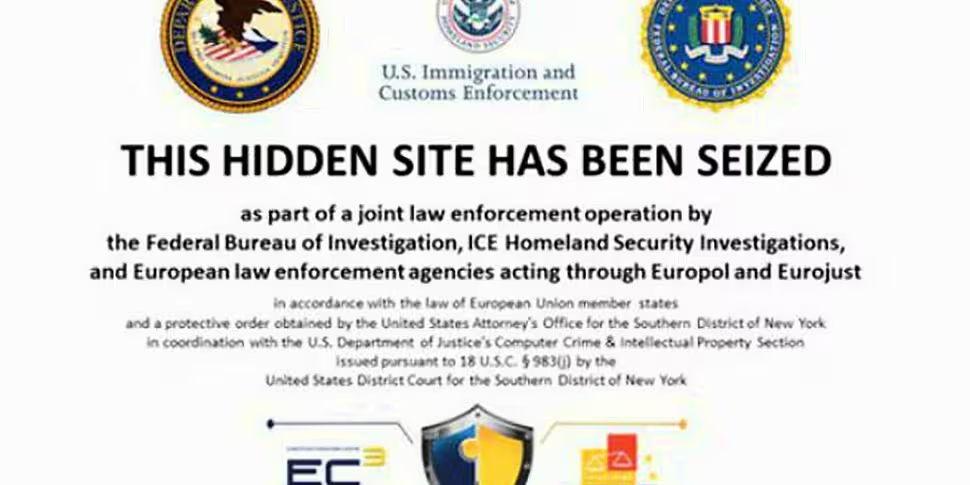Today is day two of the trial of Ross Ulbricht - the man who is accused of being the mastermind behind the deep-web marketplace, Silk Road.
The notorious website is said to have sold a variety of drugs, fake documents, firearms, and advertised the services of contract killers.
It operated in the part of the internet that is not accessible through regular browsers - only through special anonymising services, like the Tor network.
Landmark case
This trial will test the ability of the United States' legal system to use laws that are written to apply to more traditional crimes to prosecute cyber-criminals.
Since the FBI infiltrated the secretive site, questions have been raised regarding how the FBI could penetrate the anonymous network, and link an individual to a heavily encrypted online alias.
Mr Ulbricht’s defense case suggested that the FBI used methods to infiltrate the site that contradicted his Fourth Amendment right to be free from unreasonable search and seizure. The judge later ruled that because he claims not to own the server - the methods used to access it cannot violate his personal rights.
Caught red-handed
US Department of Homeland Security agent Jared Deryeghiayan has been telling the Manhattan court how he penetrated the website. He worked as an administrator on the site for three months, and communicated extensively with its leader - 'Dread Pirate Roberts' - the US governments alleges that was the alias of 30-year old Ross Ulbricht.
Mr Deryeghiayan and six FBI agents watched Mr Ulbricht as he left his apartment on October 1st, 2013. They followed him to Glen Park public library near his home in San Francisco.
The state's case says that when in the library, Mr Deryeghiayan contacted 'Dread Pirate Roberts' on an online messaging service that was used exclusively by Silk Road staff members.
Once he had initiated a conversation with 'Dread Pirate Roberts' the FBI agents snatched the laptop while still logged into the server - and arrested Mr Ulbricht.
Revenues and BitCoin
During the two and a half years that Silk Road was live, the site is alleged to have taken in $1.2bn (€1bn) - and Mr Ulbricht is said to have gained commissions worth $80m (€69m).
The trial could also have implications for BitCoin. All transactions on the site were carried out through the volatile crypto-currency. It was central to the operating of Silk Road as it allowed users to carry out (almost) anonymous transactions when buying products from the site.
As BitCoin has grown, and come to be recognised by the US state and other bodies as a a legitimate currency - it has struggled to shake off the stigma of being associated with the website, and illegal online activities.
Life and death
As part of the trial, Mr Ulbricht is accused of soliciting the services of hit-men to kill six people who he is said to have believed were either stealing from or threatening the website.
Ultimately no one was murdered.
Irish connections
In December 2013 gardai arrested a man in Wicklow who was accused of being an administrator on the site.
As part of last month's worldwide crackdown targeting Silk Roads replacement website, Silk Road 2.0, the Garda National Drug Unit, the Criminal Assets Bureau and the Computer Crime Investigation Unit searched a premise on the South Circular Road, Dublin - two men were arrested.
They were accused of facilitating the distribution of drugs from the website.









